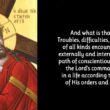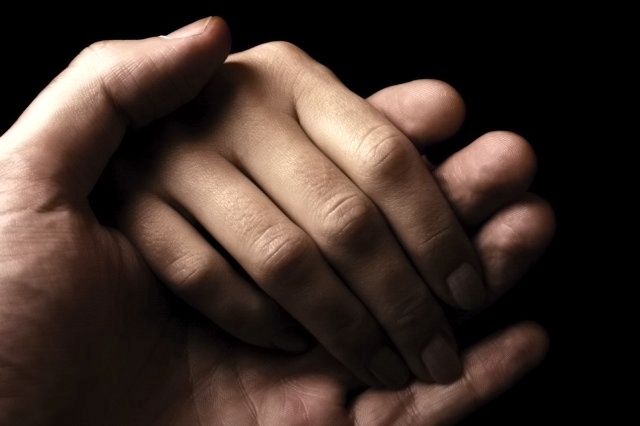`For if you forgive other people when they sin against you, your heavenly Father will also forgive youBut if you do not forgive others their sins, your Father will not forgive your sins.`[1].
There is no one on this earth who is without sin. We are all sinful and guilty, each one of us having the burden of his sins, irrational passions, weaknesses, recklessness, all these making our life more difficult. We all have a deed with numerous sins, some of them more burdensome, others less burdensome, numerous sins or only a few, never erased by anyone else than God. All our life we commit sins without cease. We make sins with our mind, with our heart, with all our physical and spiritual powers. Think how many sins we commit. That’s why we all need God’s forgiveness, we all need to cleanse ourselves of all these sins.
And every Christian who is concerned of his salvation wants his reconciliation with God. He wishes by his repentance to be forgiven and loved by God. But in order to achieve this, to receive God’s forgiveness and reconcile with Him, he must fulfill the commandment Christ gave in His Gospel: `If we forgive we will be forgiven.` But if we don’t forgive our neighbor who committed a mistake against us, because we don’t want to humble ourselves, we won’t receive forgiveness from God. When for instance someone asks for our forgiveness we should not turn our eyes in another direction because we can’t look at him. Of course because we are possessed by irrational passions and helpless we must ask the power of forgiveness from God by prayer. And then we will receive it for sure.
We all want to see the serene face of God in this life and much more in the afterlife and not to turn His face because of our numerous sins. We don’t want to see those divine eyes turning aside because of our impurity. But we wish to see Christ’s eyes look into our eyes with fatherly love, with tenderness and kindness and to express His leniency and forgiveness and allow us to enter in the Kingdom of heaven. If we want to have this priceless achievement and receive from the face of God all these we wish for when we will be before the frightening throne at the great Judgment we must give to our neighbor these small things.
Christ is most merciful. In the same way we wish to be loved by God and forgiven and we expect Him to be lenient with our sins and take care of us and protect us with His Providence, we should offer all these to our neighbor. Forgiveness doesn’t imply any effort or difficulty. But what’s needed? Humbleness is what is needed. By offering forgiveness to the other one we will receive forgiveness for our countless sins and we will have the right to tell God: `My Lord I forgave every wrong the people have done to me, I gave them my forgiveness and love as it is commanded in the Gospel. Now I ask You to pour Your love over me and forgive my sins.`
Many times when we meet the man with whom we are in conflict or against whom we have negative thoughts because he judged us, slandered us, betrayed us and many more, we pretend we don’t understand, we don’t see him, we avoid greeting him. The Holy Fathers from the desert who fulfilled strictly the word of the Gospel say that when you are visited by the man about whom you know that he said many bad things about you, you shouldn’t look upset or show that you know something. Greet him so warmly as if he had praised you or honored you before the people.
This disposition shows a high spiritual level and a complete fulfillment of the evangelical teachings.
The Gospel is our teacher. Anything would concern us, if we open it, we will receive an answer, we will receive enlightenment, we will receive the right remedy necessary in a certain situation. The commandments of Christ are the law of the Gospel and when the soul is found guilty in applying the Law of the Gospel he separates himself of God. What is the Law of the Gospel? `Love your enemies.`[2] In connection to this I will relate to you something from the Martiriologion of our Church.
[1] Matthew 6, 14-15.
[2] Matthew
Excerpt from the book The Art of Salvation, Evanghelismos Publishing.









